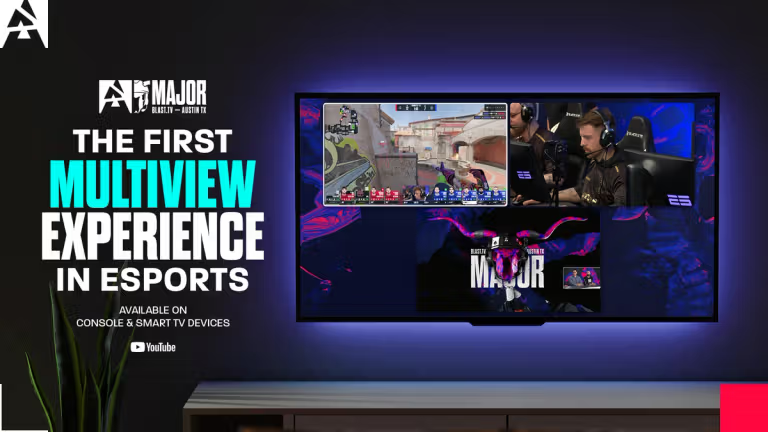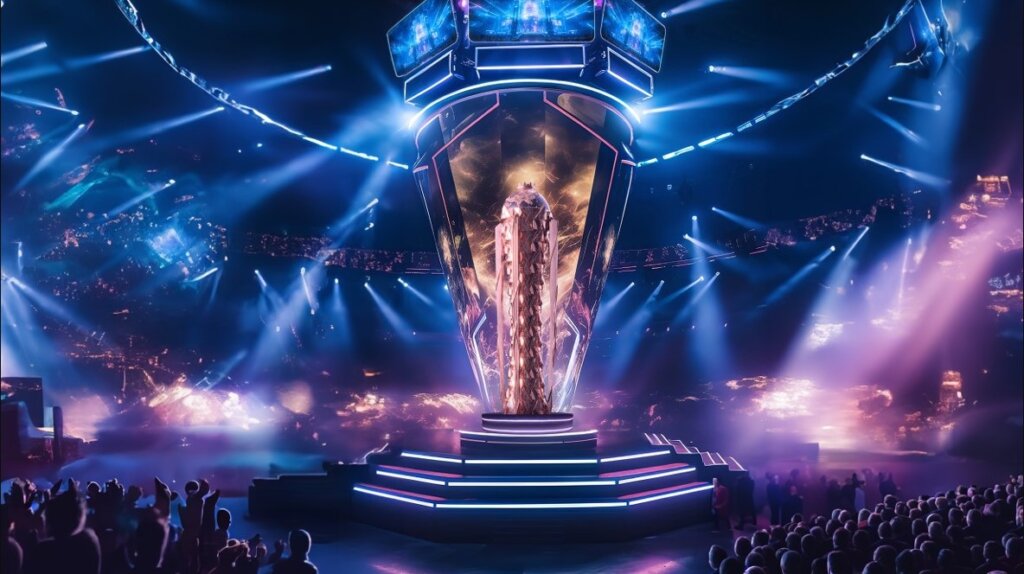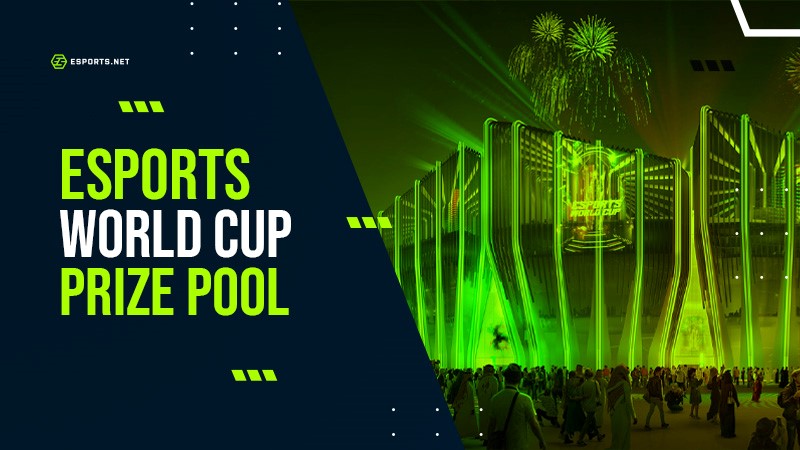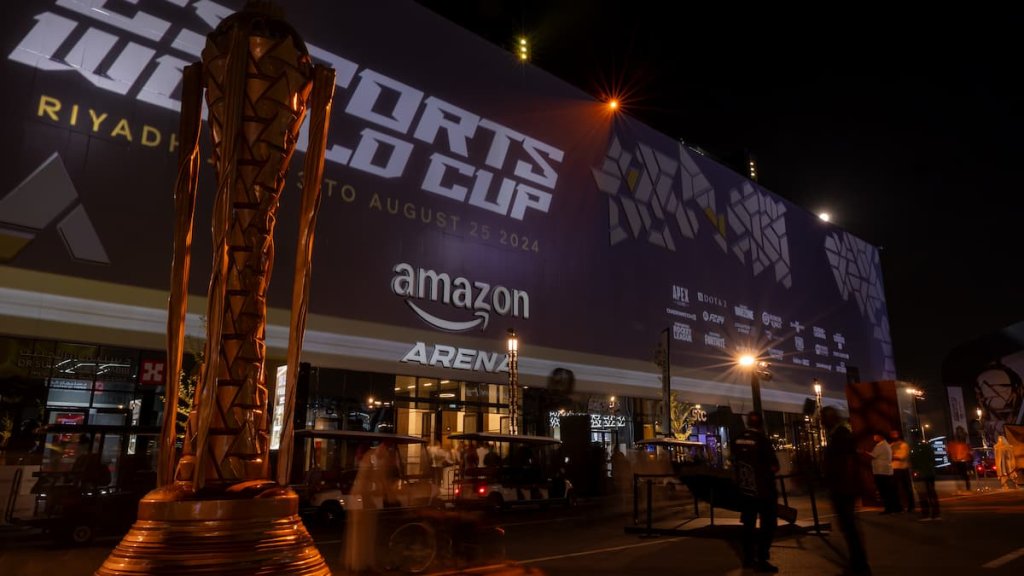
Who Is Regulating Esports? – All Esports Regions Regulations
When esports began its transition to the mainstream, rules needed to be put in place to get the space ready for such growth, in attempting to create a base ruleset to be followed by anyone in esports, several organizations have popped up that have attempted to achieve this.

Image Credits | ESIC
What is a regulator?
In esports, a regulator is a governing body that creates rules or regulations to ensure everyone participating in esports is on a level playing field. Some organizations aim to set regulations for national or even international esports, while some simply set rules for their specific game. There is no single body or organization that has been deemed the official lawmaker of esports.
Who is usually responsible for maintaining order in esports?
Some of the most well-known organizations that have attempted to regulate the esports industry are ESIC, WESA, IeSF, and BEA.
The Esports Integrity Coalition (ESIC) was established in 2015 to fight any cheating or unfair advantages in esports. These include match-fixing, cheating, or doping. So far, ESIC has integrated its rules into CS:GO, Dota 2, League of Legends, and Starcraft. Two Dota 2 players were even banned for match-fixing following an investigation between ESIC and Sportsradar.
The World Esports Association (WESA) was created in 2016 as an all-encompassing regulatory network for esports. Thirteen multi-gaming esports organizations are currently part of WESA, and the CS:GO ESL Pro League was the first tournament to become part of WESA’s regulatory network.
The International Esports Federation (IeSF) launched in 2008. It aims to have esports recognized as a legitimate sport by increasing membership, global standardization, training & education, and having world championships.
Serving on a more national level is the British Esports Association (BEA) created in 2016. Their three goals are to “promote esports in the UK and increase its level of awareness, improve the standard of UK esports, and inspire future talent.”
Some games, like League of Legends and Overwatch, are regulated mainly by their developers. Riot Games has an entire document dedicated to the rules and regulations that tournaments, organizations, and players must follow if they want to participate in their game. Blizzard Entertainment also has its own document listing official rules and code of conduct for their Overwatch League tournament.

Image Credits | IESF
Why is there a push for concrete regulations in esports?
One of the main challenges that have sprung from bringing esports into the mainstream is the need for regulations. As more players, teams, and organizations join the space, the risk for cheating and match-fixing increases exponentially. If these deeds become rampant, sponsors will be wary of bringing their money into esports, which can be detrimental to both teams and players.
Cheating and match-fixing are also unfair to those who follow the rules. The kinds of concrete regulations that these organizations are pushing for will help ensure that everyone has a fair chance at winning tournaments and becoming world-renowned players.
The anti-doping stance of those regulations not only helps set an even playing field, but they also have player safety in mind by working to prevent addiction. While doping may help that player bring home a victory for his team, long-term abuse of such substances leads to lifelong habits that can ruin lives.
With all these circumstances in mind, esports regulations are a must. They make the space fair and just for everyone involved and ensures that the players are safe and healthy when playing. Esports-wide regulations are the next logical step in bringing professional video games on the same level as traditional sports.
Opinion: Will strict regulations tarnish the spirit of esports?
We do not think that strict esports regulations tarnish the spirit of esports in any way. Esports are about fair competition and players’ opportunity to make their name known on the world stage.
These goals become hard to achieve if regulations are not put in place, and anyone can just do whatever it takes to achieve victory. Much like any competition has rules and regulations, so should esports.












